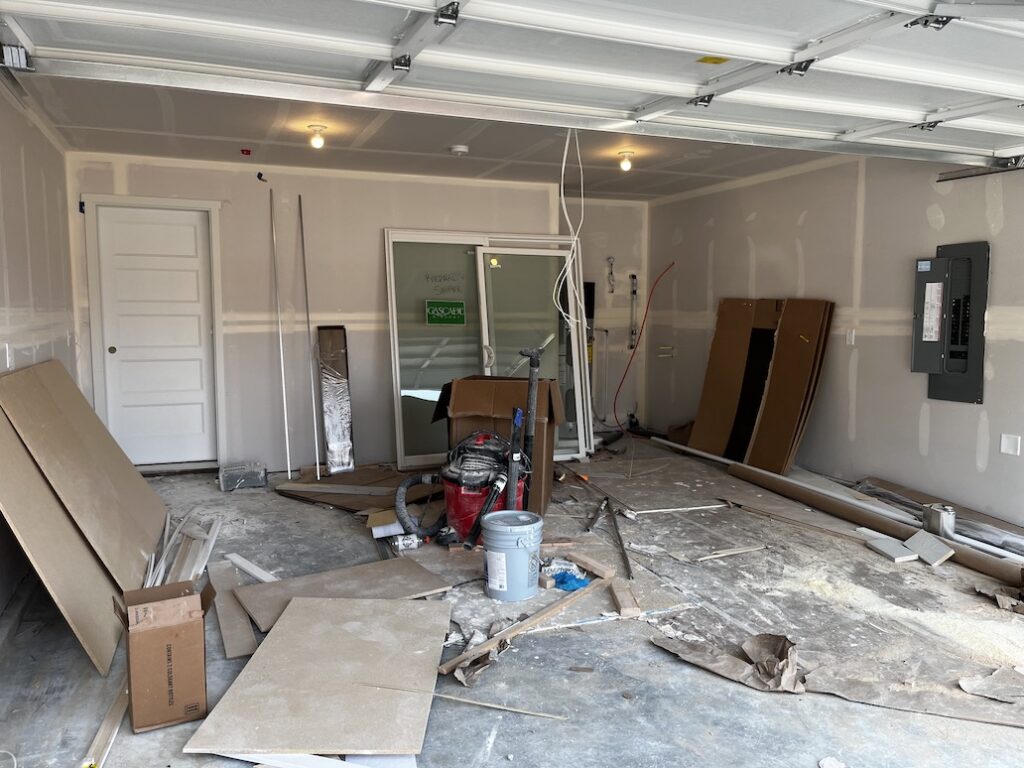
I grew up before the advent of the world wide web or the internet. My first experience was as a young married adult using the dial-up method. It wasn’t great then. Things have progressed so much as far as what we can do nowadays. This has given rise to the DIY generation. The generation that knows how to do everything just by “googling” or finding it on YouTube. This has advantages of course. It has helped me a lot, especially when I have something to fix at home that I have no clue how to do. It has helped me to find answers to questions I have about numerous topics, especially when I am writing or researching a topic. There are so many benefits. But, just like everything there are some things not so good. It has given birth to the do-it-yourself generation. The generation that can do everything without help, almost without any human interaction. The generation that can’t be taught because they don’t need anyone to teach them. They can find out the answers to their questions without having to ask anyone with a few simple clicks. Name any topic, and you can “google” it right away. It is faster than making a phone call (who makes phone calls anymore?), sending a text or asking anyone in person. And to make it all easier, now we have AI, Artificial Intelligence. Just say a few words, and your AI friend is there to process your request. What will be the ramifications of it in the future? God knows. But maybe we don’t even need God. AI can write sermons too. We don’t have to go to church or be part of any church. Our AI god can be what we want it to be and give us what we want.
But what is the DIY generation really missing? When I think about what we are all missing, I do think there is value in learning how to do things for ourselves using our technology. I am all for it. It saves time, and money. It helps us learn quickly. It gives us an opportunity to evaluate things from different perspectives and to learn from others from long distance. In some ways, it connects us with more people and widens our perspective of our world. But we also lose a lot.
With all of this, we still have a lot to lose if we are not careful. First, we lose our opportunity to interact with people in real life settings even if it is not easy. The virtual world can never replace human interaction. We already know[1] that the lack of it is causing a lot of psychological and social problems, especially in the younger generation. Why? Because the virtual world is not the same as real life. We were created by God for tangible, physical contact relationships. Nothing can ever replace this.
We lose valuable and meaningful contact. Parents no longer need nor take the time to teach kids how to do things and thus eliminating the time to foster familial relationships. Young parents, no longer need to ask questions about parenting to parents. Their in-person experience is no longer valuable nor needed. And yet, these personal experiences with others in our family are the ones that create the historical connections that make our lives meaningful. Without these, our history is lost. We also lose the opportunity to learn together with others, especially difficult things that help us create the bond of life-long friendships. We miss the joy of learning together.
How do we avoid this? As I think about it for me, I think it begins with realizing that God has put people in all areas of my life that are valuable to me, and I need them. Even if I know how to get the answers, I need to intentionally make them part of my learning process both in person and through other means. I need to spend more time with them. When I need help, I need to ask them. I need to ask them questions. When they share with me, I need to listen intently. I need to be humble, realizing I can’t live life on my own and acknowledge their value for my life. Their input is valuable. God meant it this way.
We need to be intentional in creating moments with our family, church (there is a list of “one another” in the Bible that we are told to do and cannot be done by ourselves. There is no such as DIY Christianity) and community where we can live and learn together. DIY should be replaced with “Let’s do it together”.
[1] Here is another post that explains much of what our “dopamine” culture is doing to us.